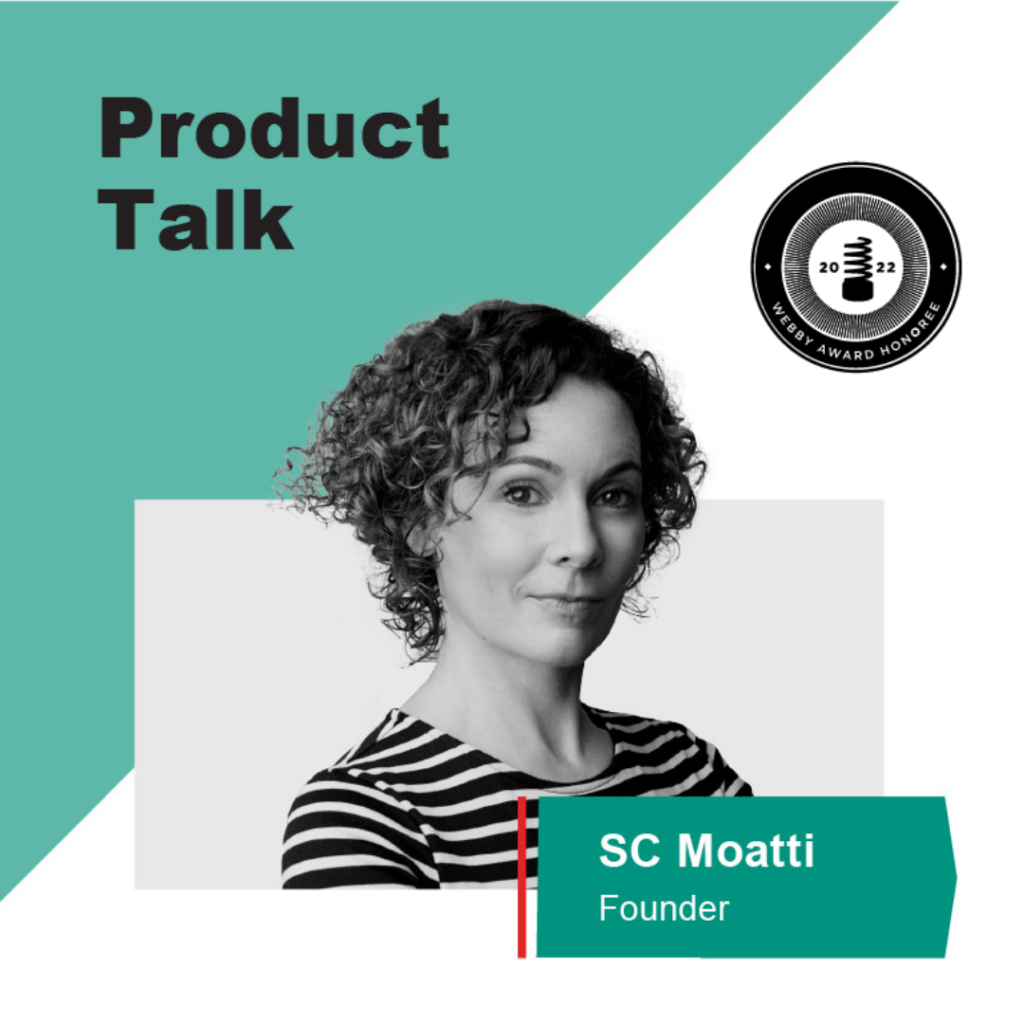As a product leader, what does it mean to operate at the top of your license? In this episode of Product Talk hosted by VNS Health Product Director Mark Bailes, Better RX Head of Product Todd Blaquiere discusses the concept of “operating at the top of your license” in product management, and how product managers and leaders can work towards this goal. The conversation covers the challenges of transitioning from a well-trodden path of product management to a more “righteous path” focused on customer discovery, outcomes, and continuous improvement. Todd shares his insights on how individual contributors can take on additional responsibilities to demonstrate leadership, as well as how product leaders can create an environment that enables their teams to operate at the top of their license.
Subscribe to the Product Talk podcast on Spotify and Apple Podcasts and catch every conversation with leading product executives. Episodes drop on Wednesdays.

Show Notes
- “Operating at the top of your license” is a common phrase in healthcare. This refers to nurses and clinicians doing the work they are trained for rather than administrative tasks.
- You can apply this concept to product management, where PMs often struggle to move from a “well-trodden path” to a more “righteous path” focused on customer discovery and outcomes.
- Many PMs start their careers feeling unprepared and embarrassed about not knowing their end users or being able to create personas.
- Product leaders need to be intentional about enabling PMs to operate at the top of their license, rather than just asking them to be “heroes” on their own.
- Individual PMs can take on additional responsibilities to demonstrate leadership and move towards more strategic roles.
- Finding allies who share the desire to improve product practices is important. However, this should be done collaboratively, not through politics.
- Sharing stories of failures and learnings can help build credibility and trust when advocating for change.
- Product leaders should focus on intentional language and terminology to help transition the organization’s product culture.
- Compromise is often necessary when moving from a “puristic” product approach to a more pragmatic one.
- Mentorship is crucial for learning product best practices from those who have mastered them.
- A mix of education (courses, books, podcasts) and real-world experience is valuable for product professionals.
- Being open-minded and adaptable when learning new things is important. Additionally, trying approaches before modifying them is also necessary.
- Empathy interviews, value proposition writing, and outcome mapping are examples of “top of license” product skills to develop.
- Using YouTube and playing games can be effective guerrilla-style learning techniques for product managers.
- A focus on people and their growth is more impactful than a sole focus on business outcomes.
- Product leaders should create coverage and freedom for their teams to experiment and learn.
- Measuring output metrics can be a useful first step in transformation efforts before moving to outcome-based metrics.
- Acknowledging mistakes and learning from them builds credibility and trust.
- Overcommunicating, even about failures, is crucial for building a culture of transparency and continuous improvement.
- Product leaders should try something new each week to progress towards operating at the top of their license.
About the speaker
About the host
I am passionate about using technology to solve problems and I take great pleasure in helping others to achieve their goals. I live these values every day working in Product.